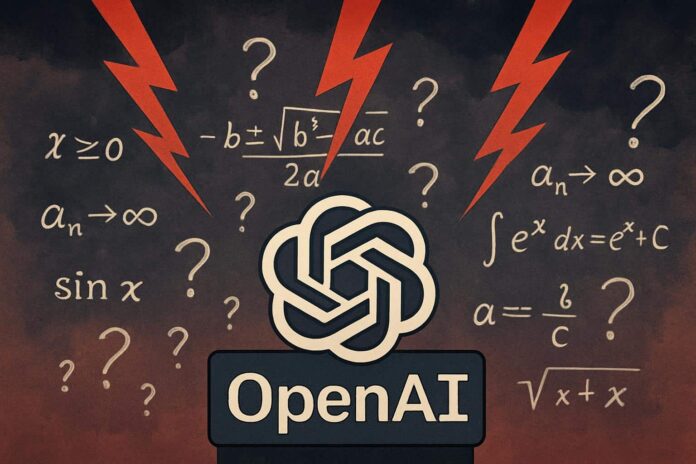OpenAI has faced backlash from the AI and mathematics communities after claims about its GPT-5 model supposedly solving Erdős problems were revealed to be miscommunication, as the “solutions” were already established in the literature. Mathematician Thomas Bloom highlighted that the term “open” referred to ignorance of solutions rather than their non-existence. OpenAI’s researcher Sébastien Bubeck later acknowledged these findings were merely retrievals, not original contributions. This incident raised critical questions: when does AI genuinely solve mathematical problems versus merely retrieving existing knowledge? Effective progress in mathematics demands high-level reasoning, expert validation, and formal proof standards. Current benchmarks do not equate to groundbreaking discoveries. For AI labs to advance meaningfully, they should emphasize authentic evaluations and collaboration with experts while differentiating between retrieval and genuine mathematical reasoning. Amid escalating competition among AI firms, caution against overselling capabilities is essential to maintain credibility in dark waters of mathematical innovation.
Source link

Share
Read more